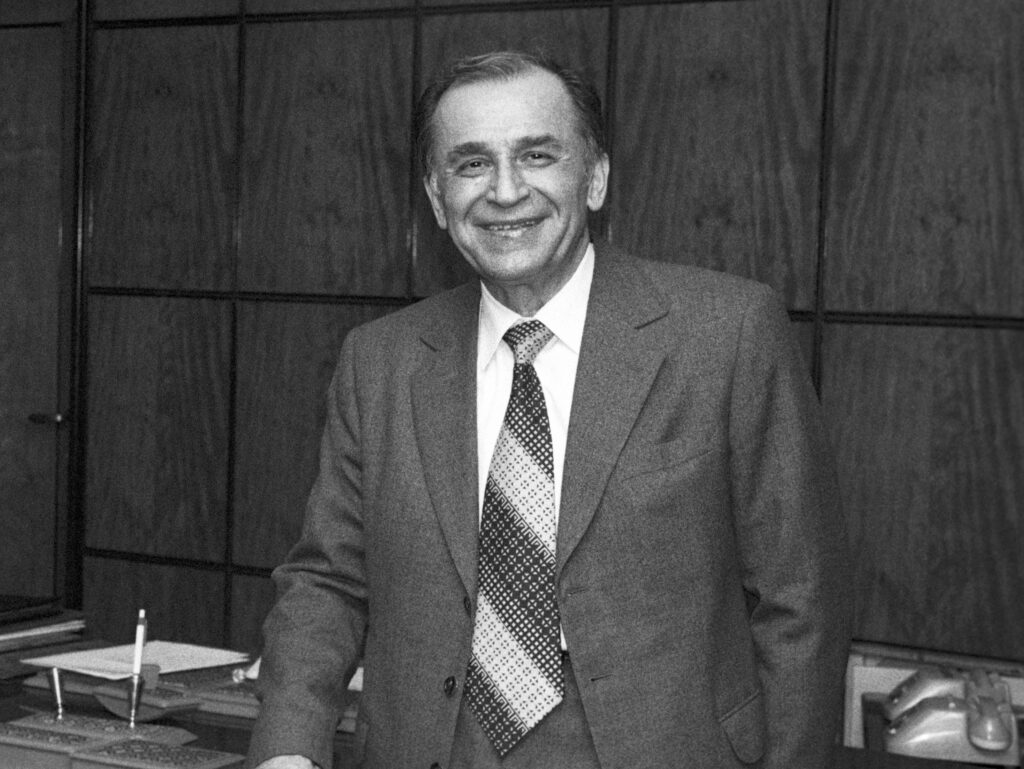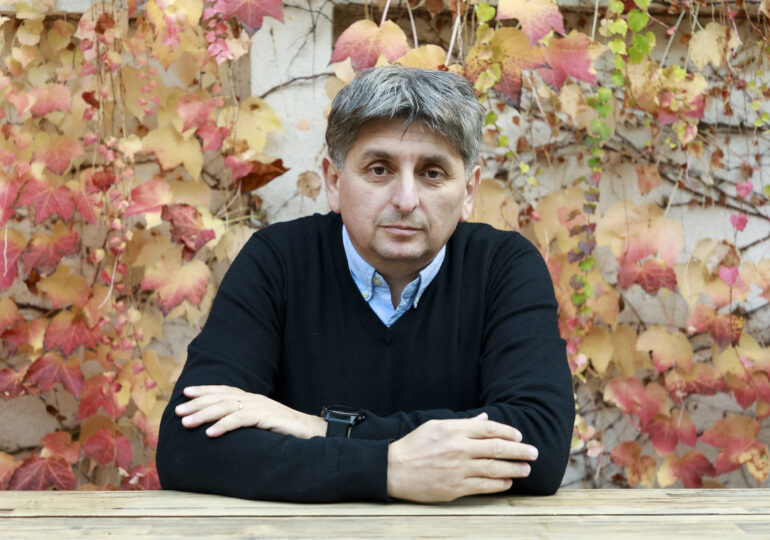In these days, the revelations about the attempts to manipulate the electoral process by PSD and PNL, the lack of accountability regarding the conduct of the elections, the fact that there are still no responsible parties for the extreme decision to annul the vote have created a perfect environment for increasing people’s distrust in institutions, directly resulting in the minimization of Russia’s interference.
Paradoxically, the Kremlin’s intervention was facilitated by the corruption and chaos in Bucharest, carried out with individuals from Romania, some acting consciously, others unconsciously manipulated by their own political agendas.
Russia has never left Romania. It has been a constant presence at various levels of society, having influence networks that it used, developed, and activated when needed over the past three decades.
People tend to forget that Romania was led from 1990 to 1996 by Ion Iliescu, a president controlled and imposed by Moscow in the turbulent days of the 1989 Revolution.
He shaped Romania's destiny, returning to power in 2000, transforming the PSD, the successor of the Communist Party, into a state party that has survived to this day.
Romania's intelligence agencies have been infiltrated by the Kremlin since their establishment, with Mihai Caraman, a Russian spy, being appointed as the head of SIE in 1990, and Virgil Măgureanu, linked to Moscow, becoming the first head of SRI.
Infiltration of Parties
The reform of the intelligence services has been slow, incomplete, and opaque in pace with society.
There has been no communication between the main intelligence agencies and the public opinion, and the lack of trust in the old Securitate, Ceaușescu's political police, has transferred to the new intelligence services, which have done little to dispel it.
After a brief period of turmoil caused by the dissolution of the Soviet Union (1991), along with the crisis in the Balkans (1999) and NATO's intervention to remove the Serbian dictator Slobodan Milošević, the Kremlin began to reassert its presence in Eastern Europe, to reactivate and develop its networks.

The parties in Romania, especially after the strong attack by intelligence services, led by the newly established SRI, on historical political formations that initially challenged Ion Iliescu's authority in the early '90s, were infiltrated with agents and quickly, within a few years, came under the influence of intelligence services, used by them to shape political decisions.
Due to corruption within them, they have never managed to develop policies in the field of information, national security, and Romania's security objectives.
Several experts consulted in recent days have stated, under anonymity, that the parties have shifted all these issues to the intelligence agencies, effectively surrendering to them.
Those who complain today about the lack of civilian control over the intelligence services must look at the mediocrity, corruption, and lack of organization within the so-called pro-European formations and then search for other causes of the lack of transparency in Romanian society.
A Form of Crisis Denial
There are many pieces of evidence, even if some are indirect, that Russia, through its influence networks in our country, has dealt a severe blow to Romania, effectively eroding any level of trust in the democratic system among a large part of the population.
Furthermore, for over two weeks, political leaders - the president, the prime minister, as well as representatives of intelligence agencies and other state institutions - justice, police - have been behaving as if nothing has happened, as if the crisis is over and we have returned to what we were doing before.
But this is just a form of crisis denial, which continues, unfolds, and heralds a new collapse.
The rise of legionarism, fascism, extremism, and political violence has reached unimaginable levels a decade ago.
More than a third of Parliament is controlled by political forces that challenge democracy, promote the messages of a bloody dictator like Putin, and aim to pull Romania out of the European Union and NATO, leaving it defenseless against Russia, which considers our country as its enemy.
The Secret, a Disastrous Decision
This situation has arisen following the last 5-year term of President Iohannis, a term that has been a political disaster, as he was one of the initiators of political manipulations, the creation of alliances against the citizens' vote, and the imposition of mediocre and obedient leaders, whose sole quality was not to disturb him.
In this context, the war initiated by Russia, through the invasion of Ukraine, found Romania without any strategy in the face of this new crisis, weakened after a pandemic that also weakened society and trust in institutions due to hard-to-explain excesses.
Iohannis's decision was to keep the "relationship" between Romania and Ukraine secret, to hide from the public the dangers facing the country in the context of the largest armed conflict on European soil since World War II.
Without a debate on challenges and threats, there was no plan regarding the response to these, measures to protect the population and the democratic system.
Romanian citizens were left defenseless against Russian drones repeatedly entering the airspace, as well as against manipulation and radicalization campaigns still ongoing on social networks.
As a result, a significant portion of military reservists, individuals educated in patriotic spirit, have become supporters of Putin's criminal actions, many Romanians in the diaspora have become extremists and support a presidential candidate who admires Russia, as well as numerous religious groups that have been hijacked and turned into Kremlin propaganda centers.
All of this has happened under the indifferent gaze of Iohannis, Ciolacu, and Ciucă, a mediocre political triad devoid of any capacity to understand reality, societal trends, and threats to Romania.
The crisis they have created, with strong social, political, and economic effects, although forewarned by the press, civil society representatives, and analysts, will be difficult to overcome, while Romania has become much more vulnerable, excluded from important negotiations concerning the future of Europe and NATO.

